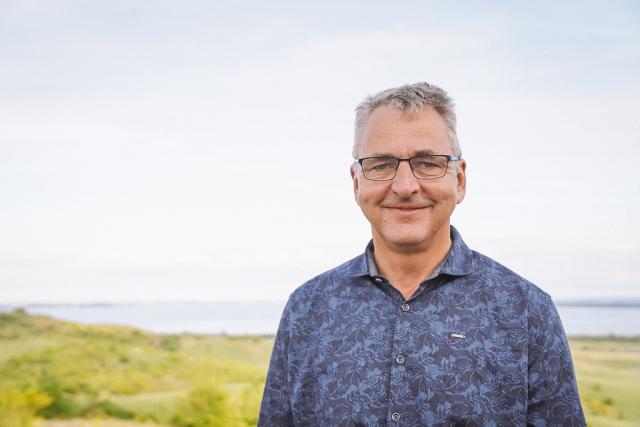This lecture will cover recent achievements in the discovery, protein engineering and application of enzymes in biocatalysis [1]. For the asymmetric synthesis of chiral amines, we created (S)-selective amine transaminases for the acceptance of bulky ketones [2]. Most recently, we have developed a sophisticated growth selection method and could create highly active and selective enzymes from three classes to make important chiral precursors for pharmaceutical building blocks [3]. We have also explored machine learning to guide enzyme engineering of transaminases [4]. For the regioselective methylation/alkylation, we have explored SAM-dependent O-methyltransferases to make flavonoids and related compounds [5] and developed engineered halide methyltransferases to transfer alkyl residues such as ethyl-, propyl- or allyl-, substantially expanding the repertoire of target compounds [6]. In addition, we have engineered a P450 enzyme for the highly selective formation of ursodeoxycholic acid (UDCA) from lithocholic acid [7].
- [1] Yi., D. et al., Chem. Soc. Rev., 50, 8003-8049 (2021); Wu, S. et al. Angew. Chem. Int. Ed., 60, 88- 119 (2021); Rudroff, F. et al., Nat. Catal. 1, 12-22 (2018); Badenhorst C.P.S., Bornscheuer, U.T., Trends Biochem. Sci., 43, 180-198 (2018); Bornscheuer, U.T. et al., Nature, 485, 185-194 (2012); Buller, R. et al., under review.
- [2] Pavlidis, I. et al., Nature Chem., 8, 1076-1082 (2016).
- [3] Wu, S. et al. Nature Commun., 13, 7458 (2022).
- [4] Ao, Y.F. et al. Angew. Chem. Int. Ed., 62, e202301660 (2023).
-
[5] Tang, Q. et al., ChemBioChem, 22, 2584-2590 (2021); Tang, Q. et al., ChemCatChem, 12, 3721-
3727 (2020); Tang, Q. et al., ChemCatChem, 11, 3227-3233 (2019).
- [6] Tang, Q. et al., Angew. Chem. Int. Ed., 60, 1524-1527 (2021).
- [7] Grobe, S. et al., Angew. Chem. Int. Ed., 60, 753-757 (2021).
Uwe Bornscheuer is Professor at the University of Greifswald and head of the Dept. of Biotechnology & Enzyme Catalysis at the Institute of Biochemistry. He studied chemistry at the University of Hannover and graduated in 1990 with his diploma followed by his PhD studies obtained from the same university in 1993 at the Institute of Technical Chemistry. He then pursued a postdoctoral stay at the University of Nagoya in the group of Professor Tsuneo Yamane supported by a stipend from JSPS in 1993/94. Afterwards, he moved back to Germany and finished his habilitation in 1998 at the Institute of Technical Biochemistry at the University of Stuttgart in the group of Prof. Rolf D. Schmid. Since 1999, he has been Professor at Greifswald University. Bornscheuer has received several awards for his research in the biocatalysis field. He got the Biocat2008 Award, the Chevreul Medal (2012), the Normann Medal (2014), the Stephen S. Chang Award (2015), the European Lipid Technology Award (2021) and the prestigious Enzyme Engineering Award in 2022. Most recently, he stayed at Kyoto University as ‘Distinguished Visiting Project Professor’. He is also member of the DFG (German Research Foundation) review board, of committees of the Novo Nordisk Foundation, cofounder and chairman of the advisory board of the company Enzymicals in Greifswald, head of the scientific advisory board of the Toulouse White Biotechnology Institute, and also head of the Senate of the University of Greifswald. Bornscheuer has published >570 papers in peer-reviewed journals, >40 book chapters, wrote/edited 10 books, and filed over 60 patent applications. So far, 75 PhD students have graduated from his group.
Speaker:
Institution:
Location:

